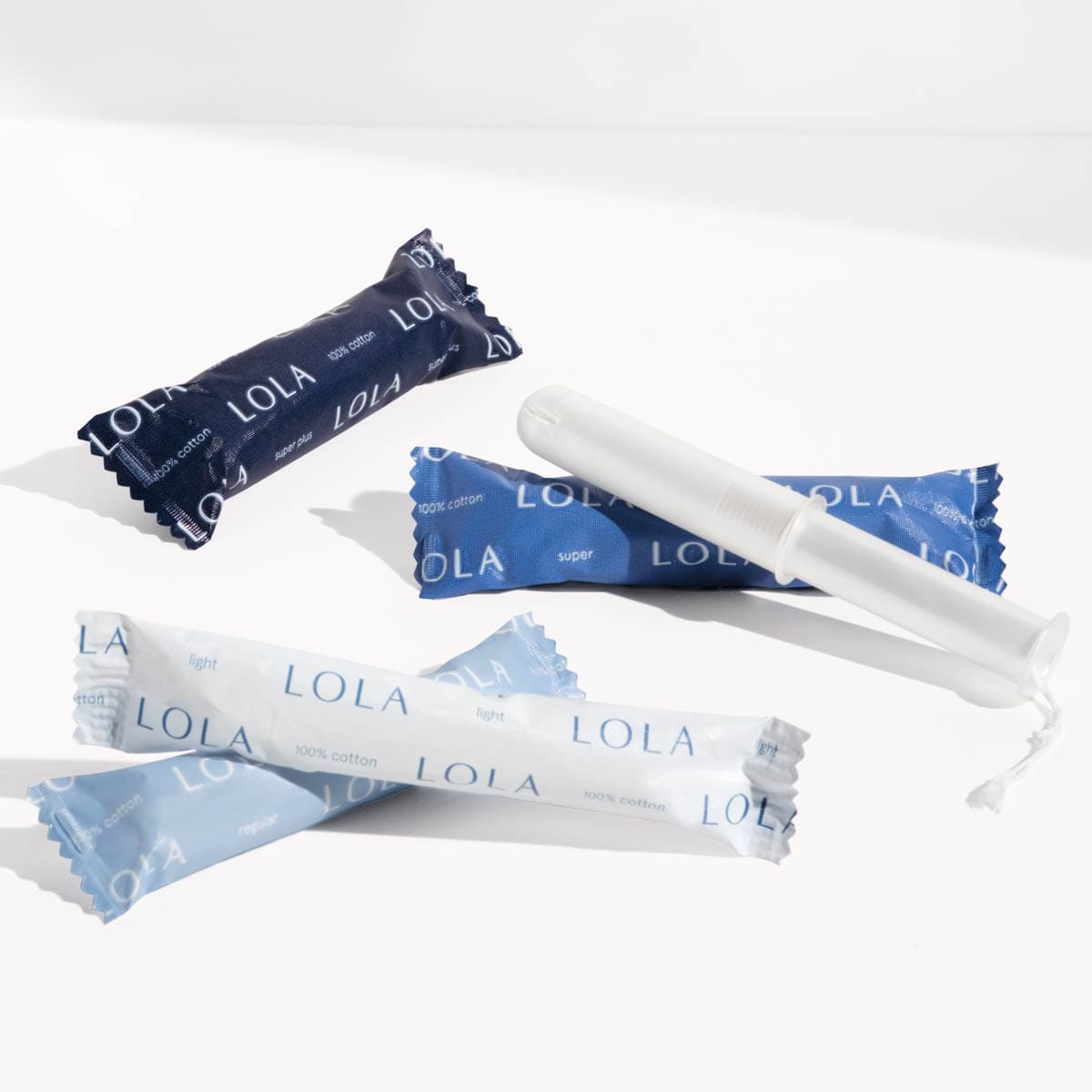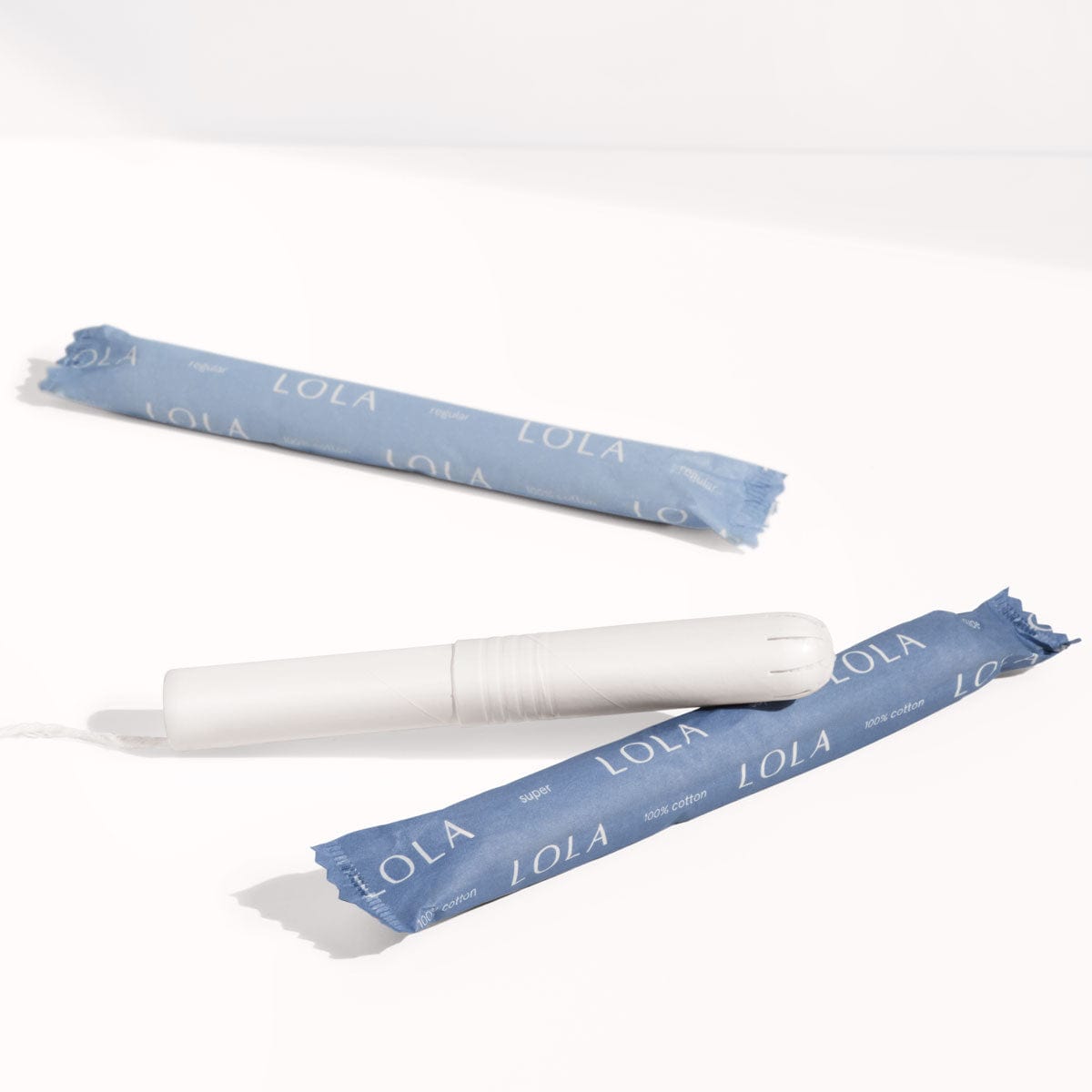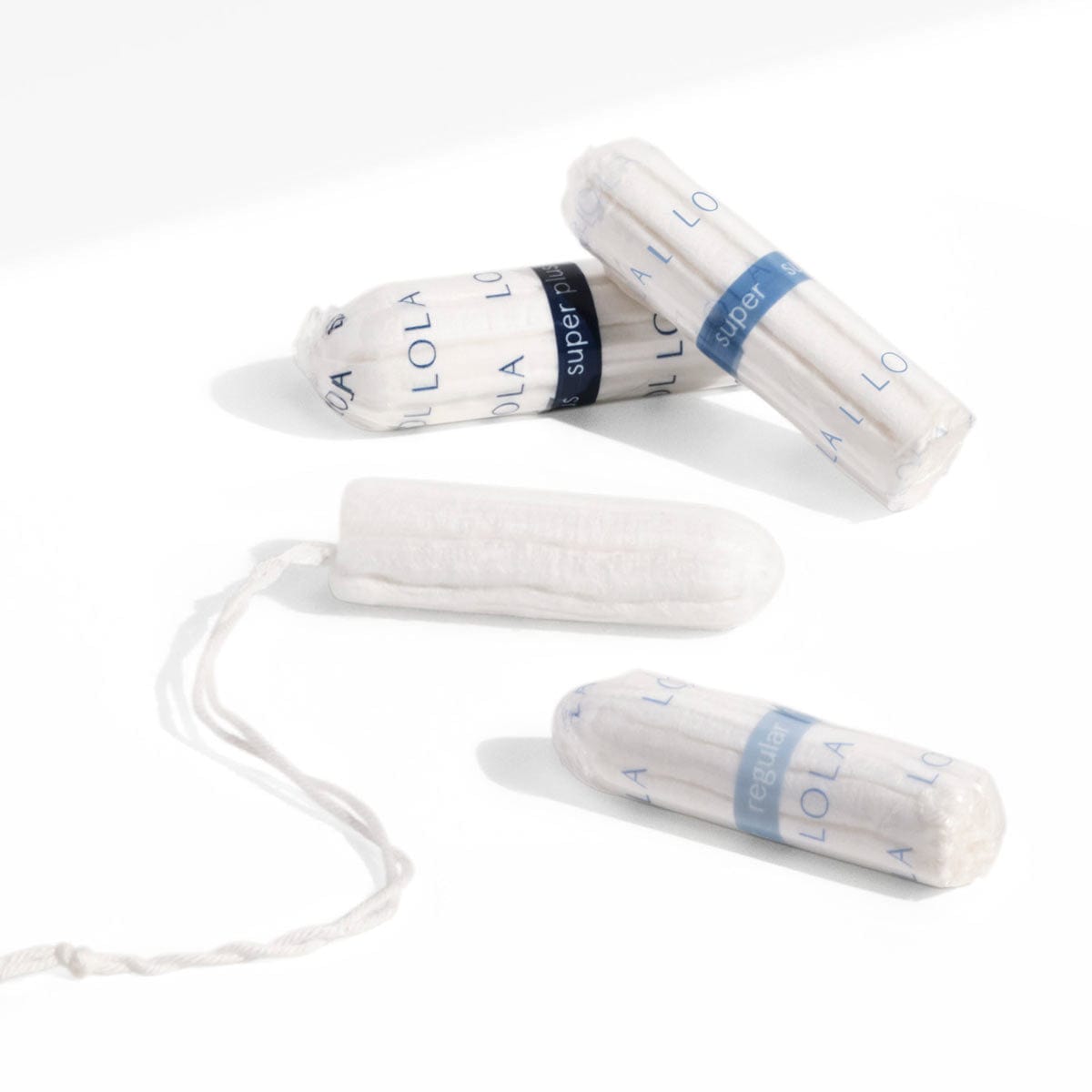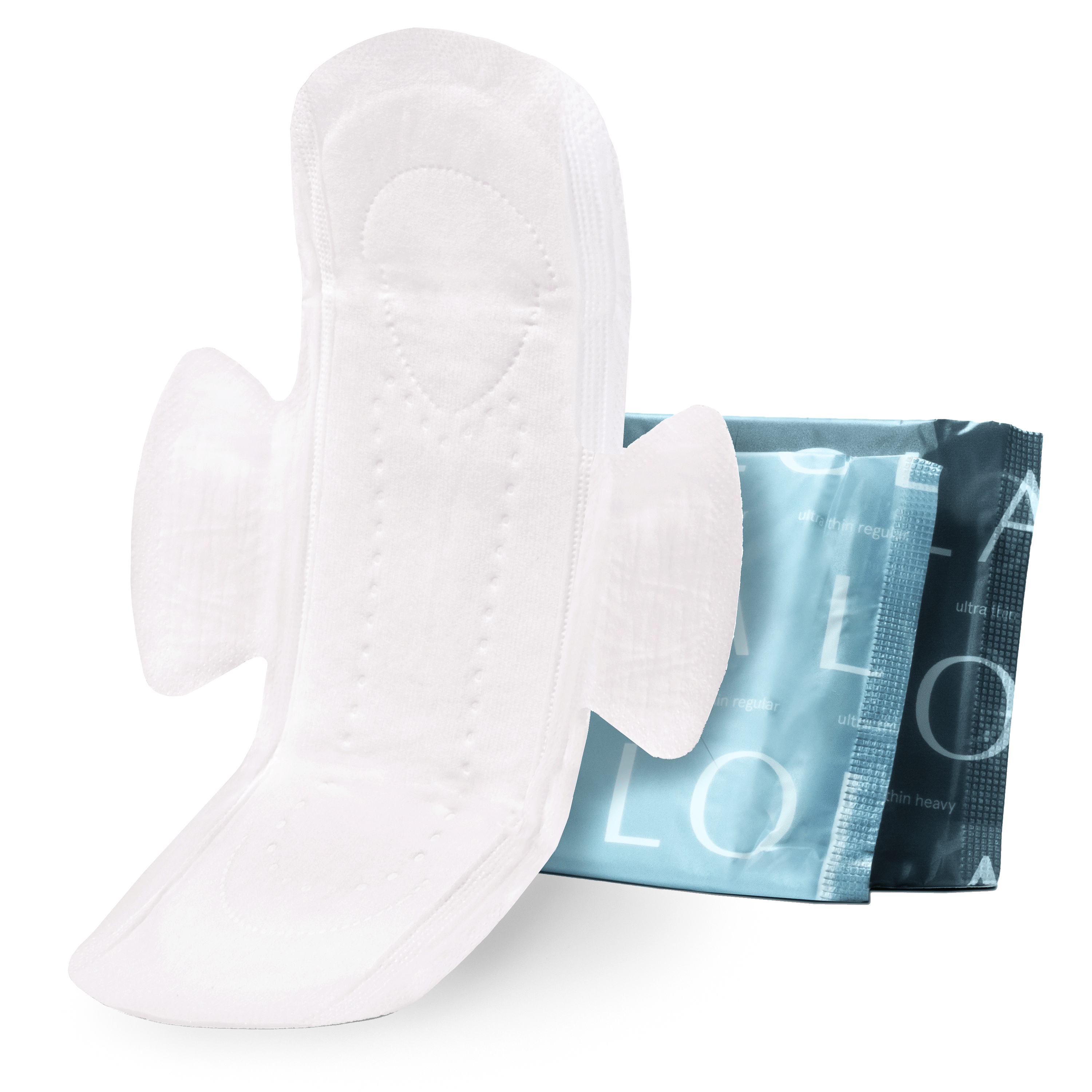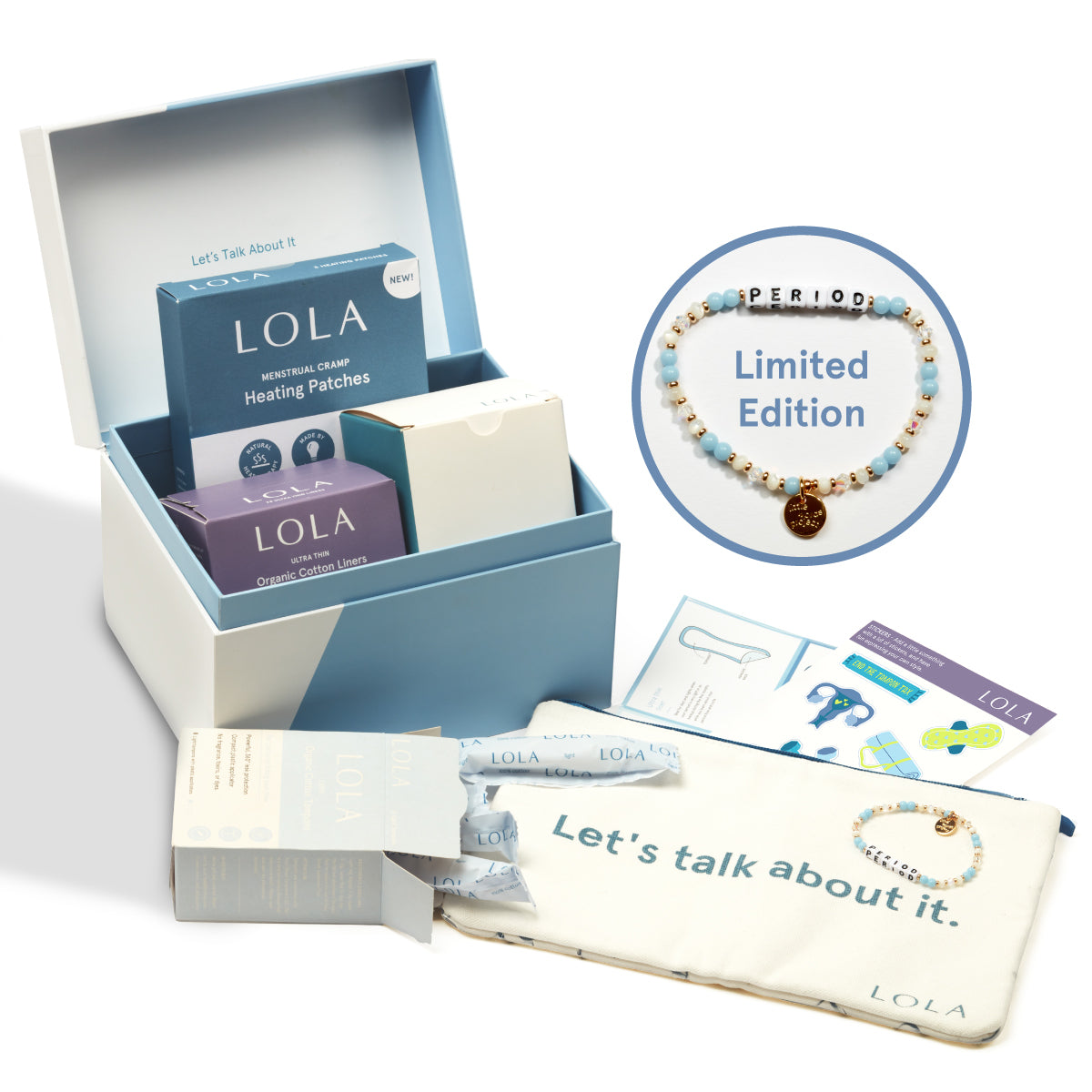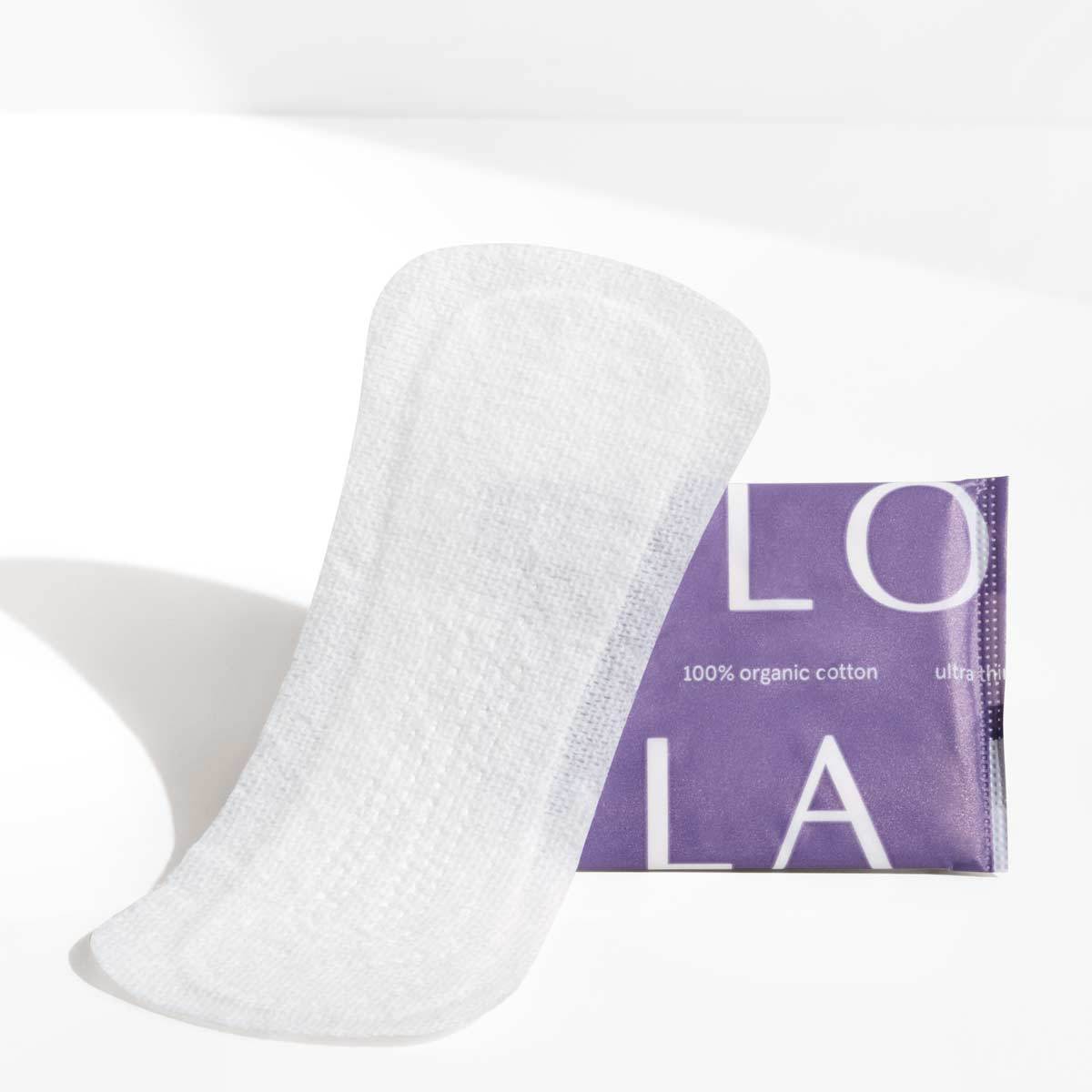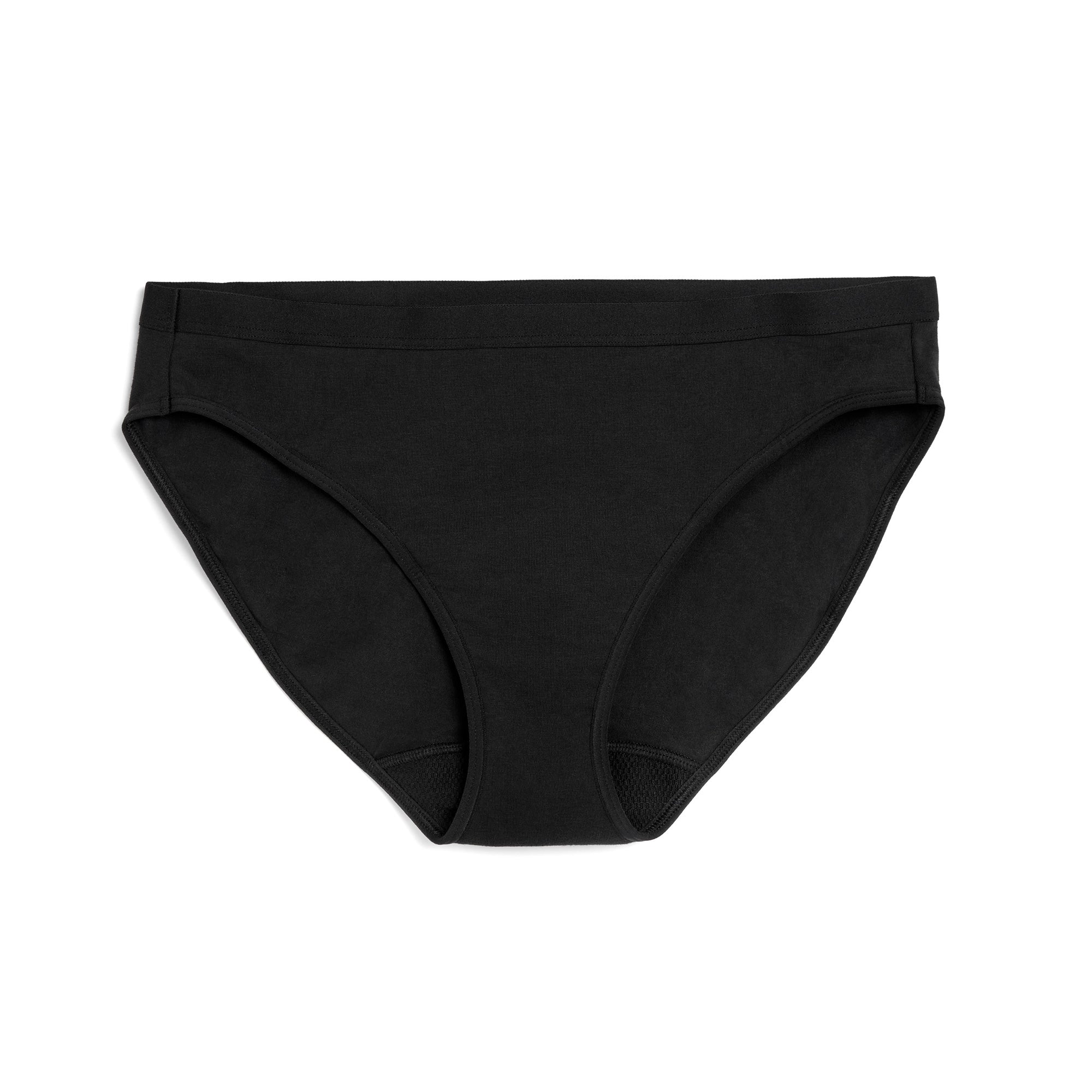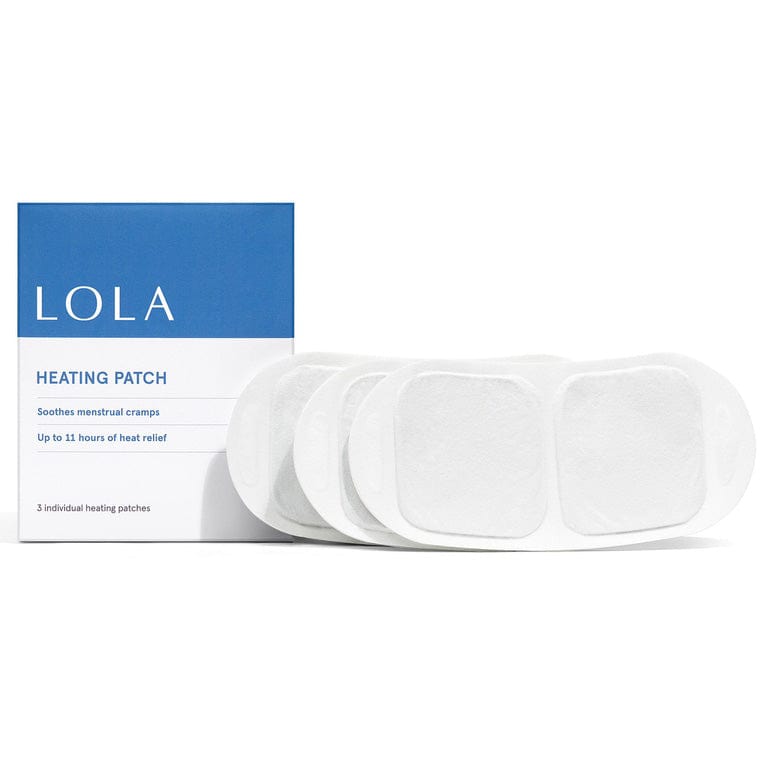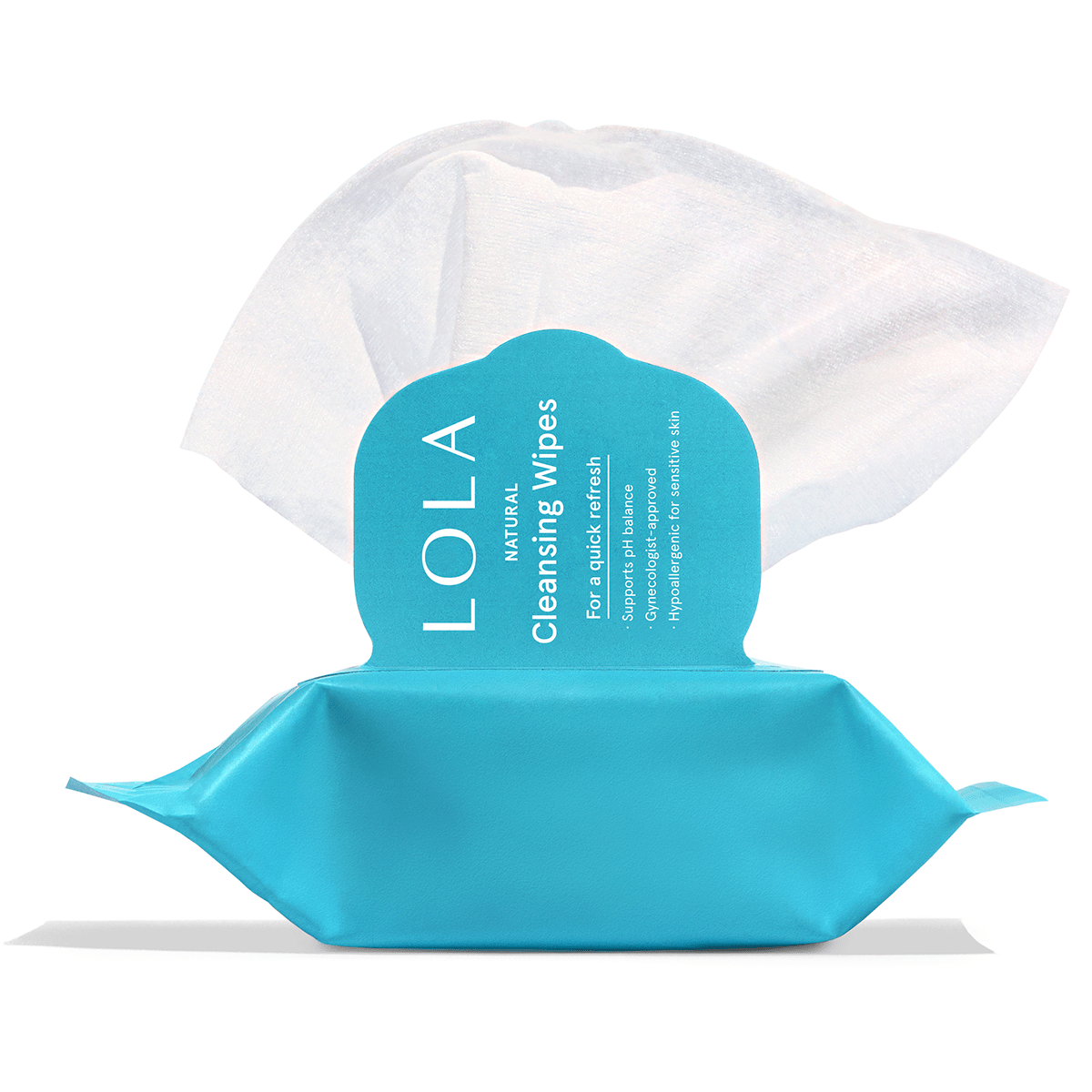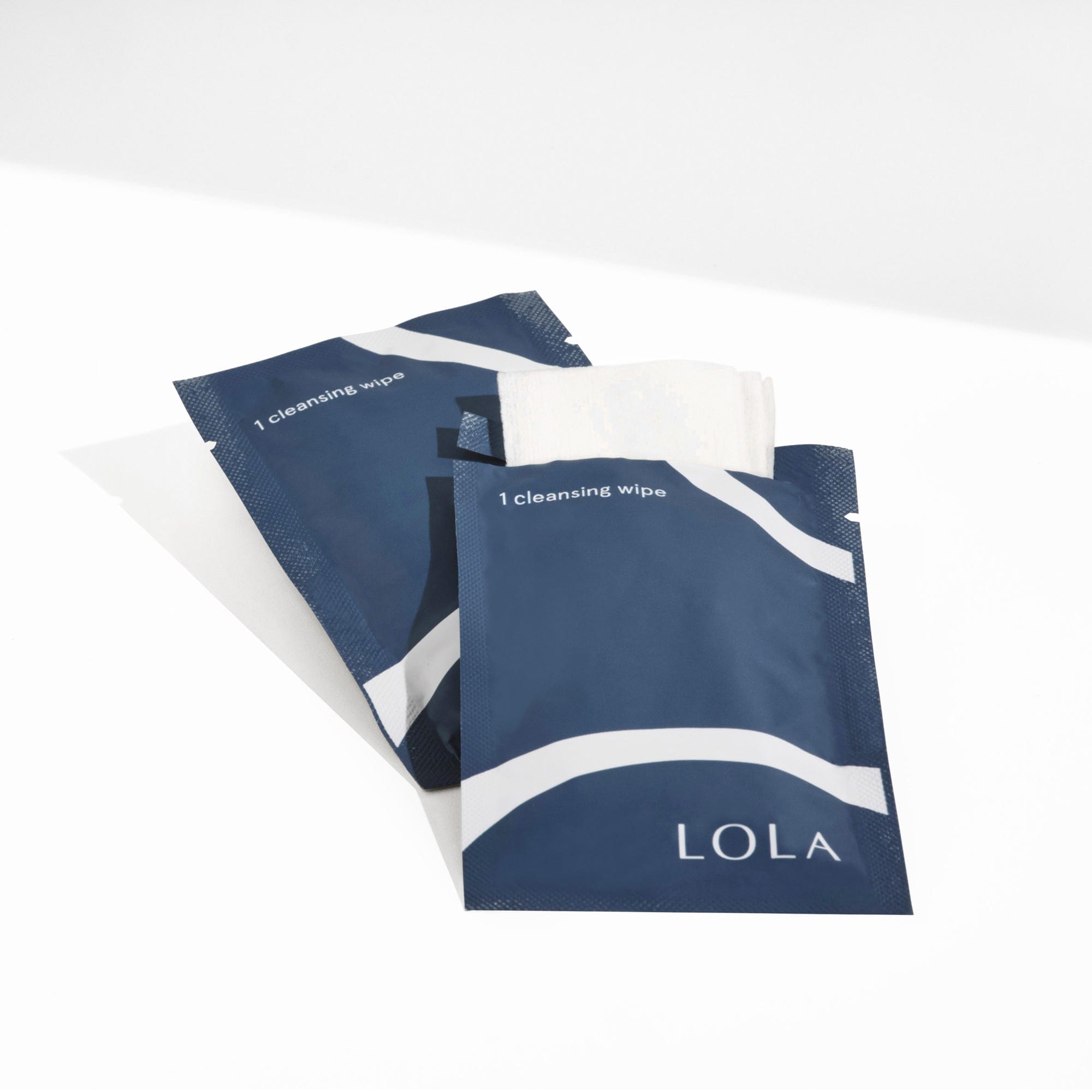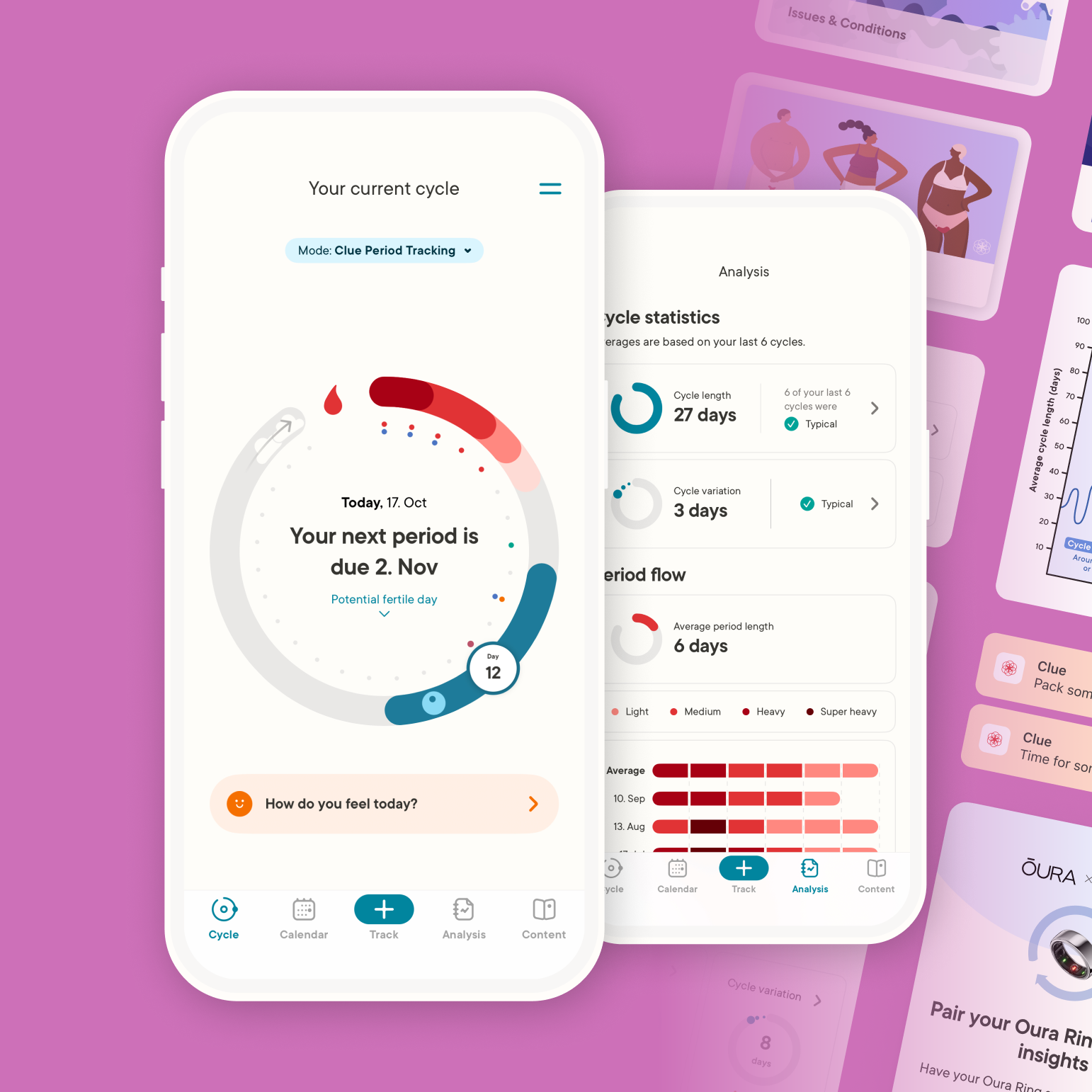Is it just us, or is it itchy down there? The cause could range from hormones or vaginal dryness to infection or external irritants, and while we love a good puzzle, down-low discomfort shouldn’t keep you feeling confused. If you’re wondering, “Why am I itchy all over before my period?,” your inner-voice inquiry is a common one.
If you’ve ever experienced vaginal itching before your period, know that it is not abnormal, or an indicator that you’re not properly caring for yourself. It’s normal to experience itchiness before, during, or after your period. This itchiness could be felt in the vagina (i.e. inside your body) or on the vulva, which means around your vagina, labia, and general pubic area.
In this article, we’ll take you through the common causes and remedies for an itchy vagina before your menstrual cycle.
Common Causes & Treatments
Of course you know your body best, so knowing when something is off is an easy feat, but paying attention to your vaginal health year-round is critical as this more accurately helps you recognize symptoms and their patterns. The attention to detail will help you (and your healthcare provider if needed) begin to understand, and eventually remedy, what is causing your itchy vagina. From minor irritations to dreaded vaginal discharge, here are some possible causes and remedies to alleviate vaginal itchiness.
Main Causes of Vaginal Itchiness Before Period
Is it normal to have an itchy vagina before my period? YES. While a variety of causes can be the reason for your vaginal itchiness, we’ve rounded up the main causes to consider:
|
Causes |
Symptoms |
Remedies |
|
Hormonal changes & vaginal dryness |
Can hormone imbalance cause vulvar itching? Absolutely. When estrogen levels decline, the skin and tissues of your vulva and vagina become thinner and less elastic, and your vagina can become dry. Changes in hormones and pH levels are normal during your menstrual cycle. Hormonal surges from PMS or even PMDD (premenstrual dysphoric disorder) can make hormonal symptoms feel amplified. Both could create a feeling of itching, burning, or discomfort before and during your period, according to Melanie Bone, MD, a board-certified OB-GYN. |
Use a moisture barrier outside the vagina. “Something as simple as petroleum jelly, zinc oxide, or the brand Aquaphor can serve to protect the skin from any irritations.” says Taniqua Miller, MD, MD, FACOG, MSCP, founder of TaniquaMD and an Evernow clinician. Unsure if you may have PMDD or PME? Take this self-screen test to find out more. |
|
Vaginal infections |
Vaginal infections, like yeast infections, bacterial vaginosis, and sexually transmitted infections, have distinct symptoms and often require medical diagnoses.
Bacterial vaginosis (BV) is a vaginal infection caused by an overgrowth of bacteria that changes the balance of bacteria in the vagina. The most widely known cause of vaginal itching is yeast infections. The hallmark symptom is extreme itchiness and an odorless thick, white discharge. Sexually transmitted infections cause itching, and you may also experience pain with sex, vaginal discharge, fever, redness and swelling around your genitals, and/or pain in your pelvis or belly area. |
If you experience severe vaginal itching, talk to a healthcare provider as soon as possible, especially if you think you may have been exposed to an STI through vaginal fluid and/or penile fluid. Though vaginal itching can be due to many causes, including many that are treatable with natural or over-the-counter remedies, asking a healthcare provider to see you before trying to treat symptoms on your own is a good idea. Remember, see your PCP/OBGYN regularly! |
|
External irritants |
Just like any other skin on your body, your vagina can be affected by external irritants such as scented soaps or fabrics. |
Support your vaginal flora and maintain a healthy pH balance through proper vaginal hygiene practices (including regularly changing sanitary products and using natural soothing agents) and avoiding synthetic underwear when possible. |
Empower yourself with knowledge on vaginal health and hygiene. Download our Sexual Wellness Guide for practical tips and expert advice. Download the FREE Guide
How To Alleviate Vaginal Itchiness
Now that we’ve outlined some of the main causes of vaginal itchiness, let’s take a more in-depth look at some of the remedies mentioned above to alleviate itchiness.
Using natural soothing agents, such as jojoba, coconut oil, and aloe vera, might help soothe and lubricate the genital area. Even vitamin E suppositories can stimulate the vaginal mucosa that lubricate the vagina. How do hormonal changes specifically influence vaginal health you ask? Significantly.
Proper vaginal hygiene practices for external vaginal cleansing is just plain good hygiene according to Dr. Navya Mysore, a primary care provider and LOLA medical expert. The vulva accrues sweat and oil production from our skin glands and if not washed, it can lead to skin infections and irritation. Remember, incorrect cleansing can exacerbate itching. You do not need to clean the inside of your vagina. When you do that, you remove the good bacteria that lives in the vagina, which could trigger bacteria and fungal infections, like bacterial vaginosis and yeast infections. So if you’re constantly asking yourself, “Why do I keep getting yeast infections before my period?,” task yourself with evaluating how you’re cleaning your vagina.
Consider LOLA’s vaginal care products to help alleviate discomfort and prevent vaginal itchiness. Our Daily Cleansing Wash is made with clean ingredients, featuring grapefruit, lavender, and aloe leaf. Our Cleansing Wipes are made with 100% bamboo viscose, water, gluconic acid, sodium benzoate, Lonicera Japonica (Honeysuckle) Flower Extract, Lonicera Caprifolium (Honeysuckle) Flower Extract, and lactic acid.
Experience soothing relief with LOLA's cleansing products.
Regularly changing sanitary products is part of having good menstrual health and hygiene practices and can prevent infections and odors, and help you stay comfortable during your period. You should “change sanitary pads every few hours, no matter how light the flow. Change them more frequently if your period is heavy. Change tampons every 4 to 8 hours. Do not wear a single tampon for more than 8 hours at a time.”, according to the CDC.
Lastly, avoiding synthetic underwear may not seem like a big deal, but wearing synthetic underwear for long periods of time can lead to yeast infections, urinary tract infection (UTI), and vaginal infections according to Dr. Nupur Gupta, OBGYN Director at Fortis Memorial Research Institute. We’re not saying you should say no to synthetic fabric forever, but, if you’re starting your day in synthetic underwear, try to get into breathable cotton underwear as soon as possible. You can alternate fabrics on different days as well if this better suits your lifestyle.
Risks and Being Proactive
The big question on everyone’s mind: ”Are there any long-term risks if itchiness is not properly addressed?” Generally speaking, risk levels range based on the potential causes of vaginal itching, from benign irritants to more serious health conditions. In many cases, the causes are minor, and can be solved through simple solutions. However, it is not recommended to self-diagnose vaginal conditions since the symptoms of minor problems can look or feel similar to the symptoms of more dangerous ones. Stay on top of your symptoms, talk to your doctor, and discover a world of comfort with LOLA's vaginal care products.
This content should not be used as a substitute for medical advice from your doctor or other qualified clinician.
